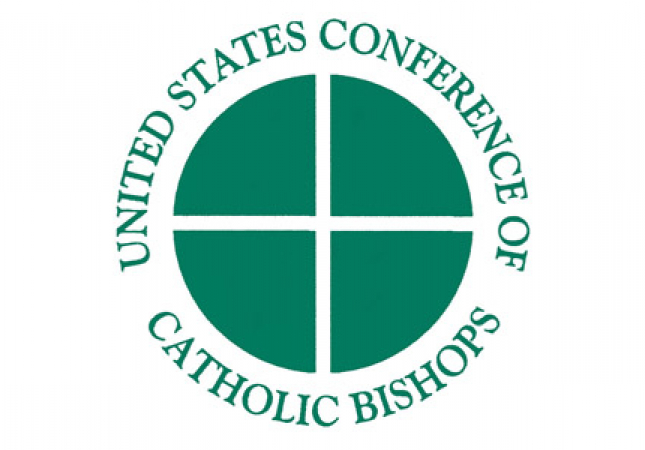
WASHINGTON—The Catholic Campaign for Human Development (CCHD), the domestic anti-poverty program of the U.S. Conference of Catholic Bishops (USCCB), has approved a strategic national grant totaling $500,000 to the Direct Action & Research Training Center (DART) to empower poor and low-income persons in the southeastern U.S. to overcome the impacts and address the root causes of climate change over the next five years. The bishops of the CCHD subcommittee approved the grant during their virtual meeting on June 9.
The five-year project, “Caring for Creation, Caring for Community” will enable DART to engage local organizations in campaigns to identify the local impact of environmental changes on their community, empower low-income and minority communities to address the negative impact of environmental changes, and raise the profile of how these environmental changes hurt poor and marginalized communities the most.
Bishop David G. O’Connell, auxiliary bishop of Los Angeles and chairman of the CCHD subcommittee said, “As CCHD marks it’s 50th Anniversary this year, we are pleased to support this strategic national effort to put Laudato Si’ in action. The adverse effects of climate change devastate poor communities around the country and with this project, CCHD and DART will seek to live out the call of Pope Francis to respond to ‘the cry of the earth and the cry of the poor.’”
Archbishop Thomas G. Wenski of Miami, who has worked in close collaboration with DART for over 30 years on issues such as lack of affordable housing, transportation, juvenile justice reform and violence reduction in the Archdiocese of Miami, said in support of the project, “The DART proposal “Caring for Creation, Caring for Community” is a needed organizing effort to better engage people from low-moderate income communities in identifying and addressing the impacts of climate change in local communities.”
The Strategic National Grant Program was established by the U.S. bishops as part of CCHD’s Review and Renewal to address urgent regional or national needs, issues, or priorities impacting low-income communities. These grants are intended for organizations working to promote justice or economic development on a significantly larger scale than the community-based organizations that typically receive support from the CCHD. Additional information about the programs and work of CCHD is available online at http://www.usccb.org/cchd.